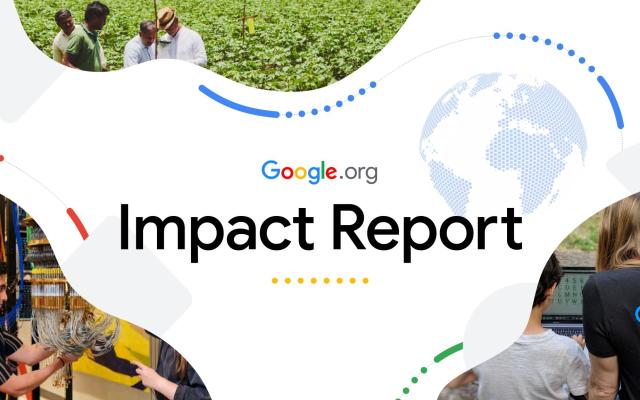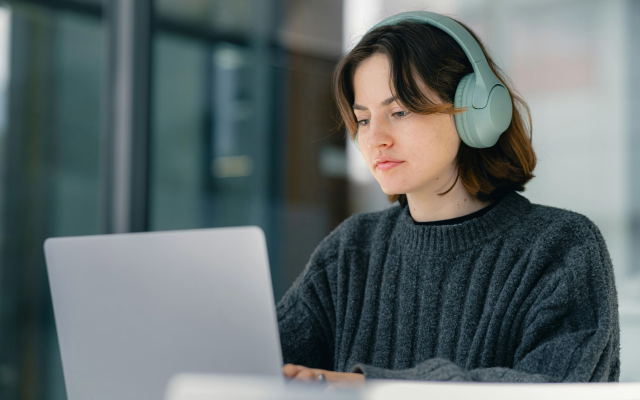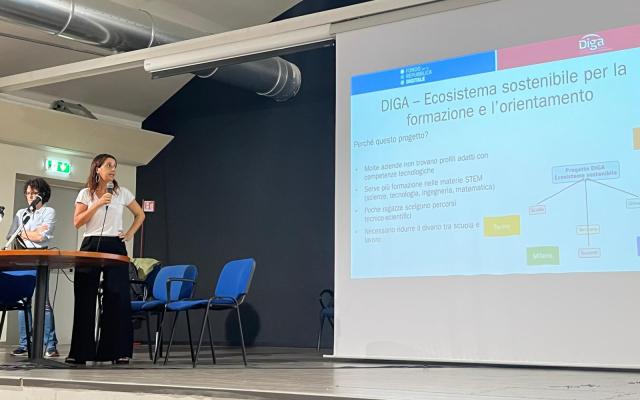Our weekly appointment with “Our School” Professors takes us to Campania, today, to meet Maria Di Benedetto, a professor of Mathematics and Physics at the Liceo Scientifico Tito Lucrezio Caro in Naples. Maria, who has always been committed to introducing digital innovation projects to school, has moulded her experience of the world of IT research with cutting-edge didactic activities. She is a consultant for school improvement and an evaluator for scholastic systems and learning. She also trains teachers on PNSD issues. In 2019, she was selected as one of the 20 best Italian teachers (Atlante Italian Teacher Award), while in 2020 she won two national CBL Camps on gamification and the MAB methodology. She is currently working on the development of the new opportunities provided by integrated digital didactic activities.
As usual, we share a short presentation video and then an interview conducted by Ilaria Gaudiello, who coordinates the works of the open source community of teachers and educators.
INTERVIEW
In your career as a professor, how have digital tools promoted innovation and inclusion?
Digital tools have been an opportunity for me. While at the beginning this was only an extra set of tools, in addition to traditional ones, with which to implement didactic strategies to make a better use of different media and reinforce communication and core subjects, in the last years, the drive for on-line integrated didactic activities and use of the cloud have allowed us to explore new learning scenarios. I have also appreciated the interactive and custom-tailored opportunities provided by many web apps, as well as experimenting with digital storytelling, gamification, and virtual and augmented reality techniques. I gradually privileged methodologies that allow students to create and implement their own digital artefacts, allowing them to develop both the core and soft skills required of future citizens, as well as the digital skills indicated by the DigComp 2.1 Framework. I’m referring to skills related to communications, initiative, creativity, and collaboration and cooperation amongst peers, promoting inclusion and personal talent.
How do you imagine the school of the future?
I believe that students will increasingly become protagonists of their learning. Innovation will lead beyond the fixed school schedule and even the composition of classes. In terms of second-degree secondary school, students will be able to access resources from their smartphones and use virtual and augmented reality glasses, diving into the learning content, even outside of the traditional classroom. In the school of the future, students will increasingly be called to develop more encompassing projects and apply problem solving to challenging activities that will guide them to acquire new knowledge and skills. In a school that is increasingly called to promote students’ aptitudes and talents, responsibility will be fundamental to complete homework, collaborate on projects in teams, all of which are 21st century skills. Therefore, I imagine, a school in which students will not simply fail or pass, but will have to take exams to complete curricula, based on each student’s needs and vocation. I imagine a school in which teachers will mentor students and professionally develop study activities that have a more efficient equilibrium between synchronous and asynchronous activities in new digital learning environments. In any case, these scenarios still require solutions that will safeguard social and empathic relations to make the school community a 360-degree educational community.
In general, can you describe the course that you are developing with your group of colleagues?
It’s about a new way of producing and enjoying scientific content through mobile apps that allow anyone to select short videos developed by students on core subjects from the maths and sciences curriculum of the school. The innovative character of the project lies in the use of apps that present various useful characteristics. They are widely available and can be installed on any smartphone. They are easy to use and allow content to be enjoyed anywhere at any time. The app uses the audio/video codes that are privileged by the young generations, also overcoming the difficulties of students with learning disorders. Furthermore, the possibility of inserting subtitles also makes the videos useful to the hearing impaired.
The app can also provide information to anyone who would like to learn more about scientific issues, or those who wish to use it to study or review the material. The students who produce the videos essentially transform the learning process into a challenge that involves not only knowledge but also communications and digital skills.
Can you speak to us about your dream project that you would like to develop with the help of “Our School”?
In terms of apps, I have planned but still not implemented an active citizenship which employs gamification to provide students with symbolic rewards as “good citizens” through volunteering and the participation in conferences and seminars on legality and the environment. Schools make an agreement with associations and other agencies participating in the project, which, in turn, assign “stars” (the gaming score) to students participating in the activities. This can lead to a virtuous process driving solidarity and citizenship in students and have positive effects both on their behaviour and civic education courses.



